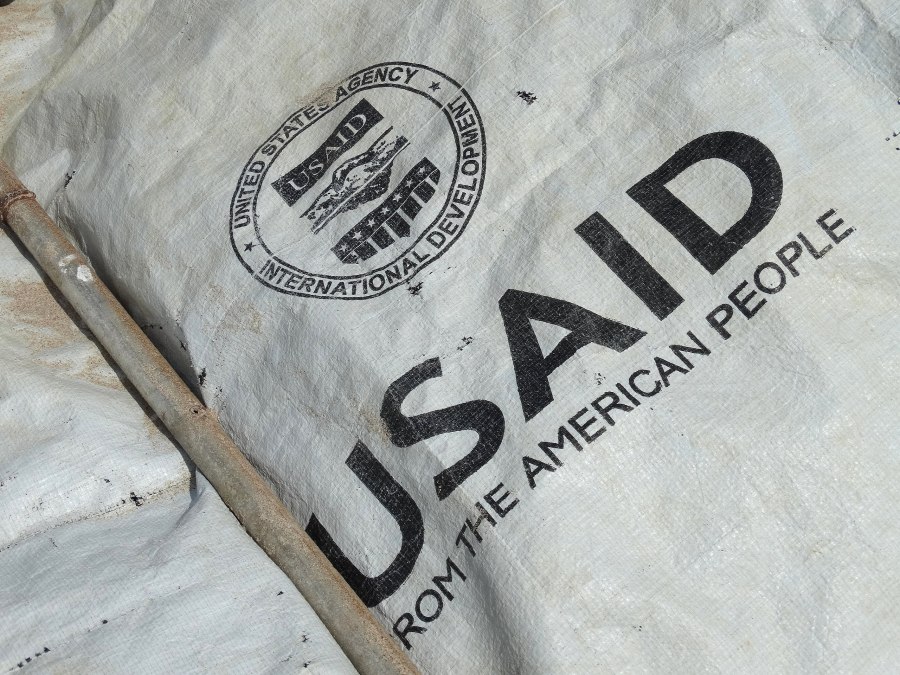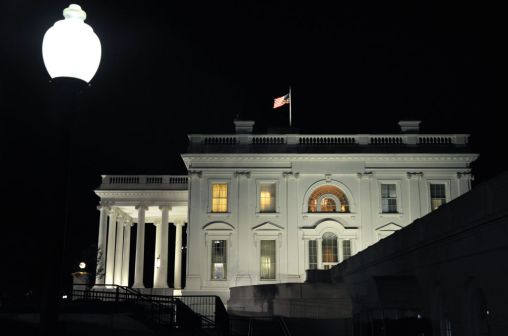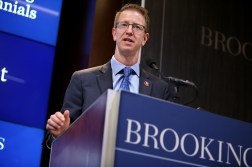USAID going above and beyond Evidence Act requirements

The U.S. Agency for International Development is using evidence to improve services beyond what’s required of agencies in recent legislation and the Biden administration’s evidence-based policymaking executive order.
USAID expanded its evaluation registry to include the questions in its learning agenda, which all agencies were required to develop by the Foundations for Evidence-Based Policymaking Act that went into effect in 2019.
The Evidence Act also has agencies release annual evaluation plans and capacity assessments for research, evaluations, statistics and other analyses, but USAID was one of the first agencies to have an evaluation policy in 2011 and remains ahead of the curve.
“The beauty of the Evidence Act is that its implementation is not limited to producing the required deliverables,” said Winston Allen, senior evaluation specialist at USAID, during a Results for America event Thursday. “But it also creates opportunities for agencies to apply the principles more broadly in building and using evidence.”
By expanding its evaluation registry, USAID can now require evaluations to specify which questions in its learning agenda they’re contributing to answering.
USAID further created a dashboard of all evaluations either completed or in the works from 2016 to the present.
“This allows USAID missions to learn from each other and use the evaluation findings to inform decisions about our programs,” Allen said.
USAID plans to launch a biannual report called “Evidence From the Field,” which will allow missions to showcase how they’re using evidence to make programmatic decisions.
The agency will also host an evidence and evaluation week in January to allow staff to explore trends and address lingering challenges.
Now that agencies have submitted their first-ever learning agendas, the Office of Management and Budget is reviewing them and determining how to improve equitable access to government services.
“This isn’t just about COVID-19; it’s about how we deliver programs that are from the ’70s like the Community Development Block Grants,” said Shalanda Young, acting director of OMB. “There are legacy programs that we need to make sure are getting to the right places.”




